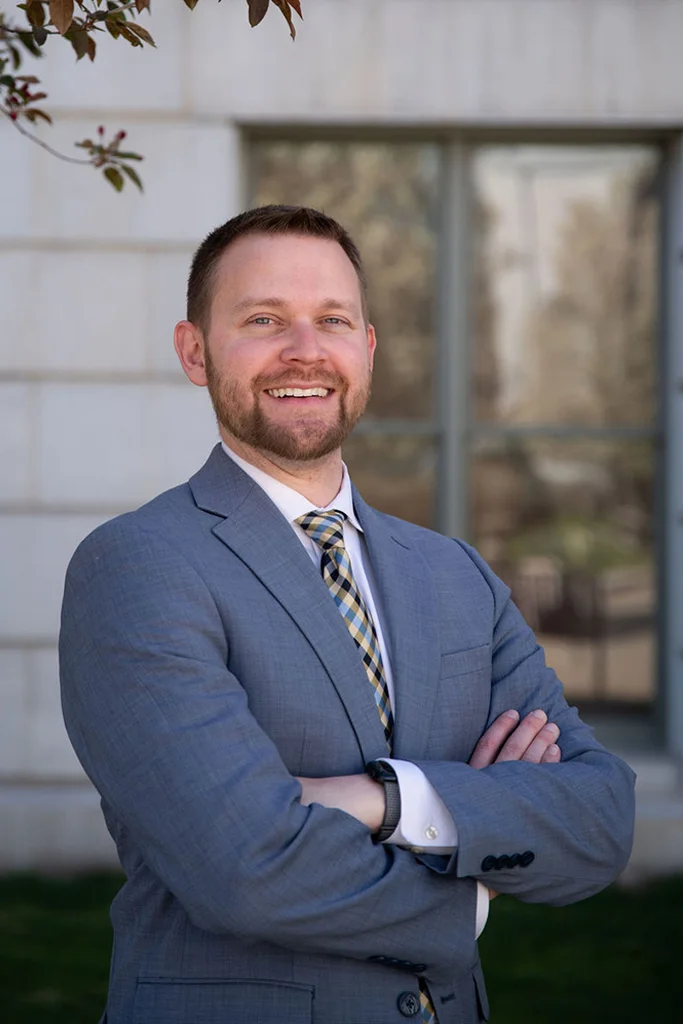Trial Advocacy
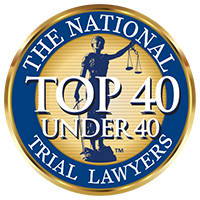
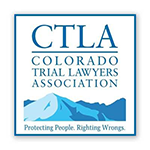
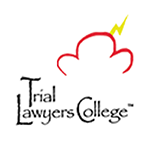
Trial Advocacy
Reid is an experienced trial attorney for hire. Whether you are a defendant looking to take your case to trial or an attorney who needs a trial consult or wants to hire a trial attorney to handle your client’s trial, Reid is available to help.
What is a trial?
A trial is often not as glorious and entertaining as television and movies have made it out to be, especially if you are the one on trial. Trials can last one day, several days, or several weeks. The length of the trial depends on the complexity of the issues, number of witnesses, how experienced the judge is, and many other factors.
JURY SELECTION
The start of the trial is jury selection, or voir dire, often the part left out on the big screen. Citizens report to jury duty and ultimately a select few are chosen to sit on your jury panel. While the process is called jury selection, what really happens is deselection of jurors. Each side removes jurors that are not favorable to his/her side. 6 jurors sit on a panel for a misdemeanor and 12 jurors for felony charges.
OPENING STATEMENTS
After the jury is selected, the next phase is opening statements. Opening statements are what each side believes the facts will show. An effective trial attorney should persuasively tell a story about the defendant’s innocence and how the evidence will show s/he is not guilty. The key here is telling a persuasive story that the jury will remember throughout the trial. Coming out of the gates swinging with legal conclusions is not effective, as the jurors are still deciding if they can trust the attorney.
DIRECT AND CROSS EXAMINATION
Next, the prosecution will put on their case-in-chief. The prosecution will call any witnesses they need to attempt to prove the allegations against the defendant. The prosecution will first conduct a direct examination of the witness, asking open-ended questions. These are the who, what, when, why, where, and how questions. Next the defense attorney will be given the opportunity to cross-examine the witness. An artful defense attorney will ask closed-ended questions to tell the story through the prosecution’s witness. While there are many rules of cross examining witnesses, one example is never asking a question you don’t know the answer to.
After the prosecution rests their case, the defense is provided an opportunity to call witnesses or have the defendant testify. There are many factors that weigh into deciding if the defense will call a witness or if the defendant will testify. An experienced trial attorney will be able to guide the defendant to make this decision, but ultimately the right to testify is completely up to the defendant. If an attorney does not explain your rights and options to you, you should consider hiring an attorney who will.
After the defense rests their case, the prosecution is given an opportunity to call any rebuttal witness(es) to rebut any evidence the defense may have presented. The prosecution goes first in opening statements, closing arguments, and are given the opportunity to put on a rebuttal case because they have the burden of proof.
JURY INSTRUCTIONS
Finally, the judge will read the jury instructions. The jury instructions are what law the jury will apply the facts to when deciding guilt or innocence. After the law is read to the jury, both the prosecution and the defense attorney will be provided a final opportunity to argue their side in closing arguments.
CLOSING ARGUMENTS
Closing arguments are the final chance the attorneys have to pitch their case to the jury. An effective strategy for closing arguments is showing how the evidence supports your theory of innocence. Once closing arguments are concluded, the jury will deliberate until a verdict is reached. This may take five minutes or five days. There is no time limit on deliberations. For a jury trial, the decision must be unanimous, meaning all 6 or 12 jurors must agree guilty or not guilty. If the jury cannot unanimously agree, a mistrial may be declared and a new trial scheduled.
Some factors to consider when deciding if you should go to trial include; what the charges are and potential penalties, what the offer is, what is the basis for the allegations, what witnesses will they call, and is there additional information the prosecution is unaware of that the defense wants to present to the jury. At the end of the day, the options for a defendant are to plead guilty or enter a not guilty plea and go to trial. This decision should not be made lightly and if you hire an attorney who is not willing to go to trial, he or she may improperly influence the defendant to plead guilty when the better option may be trial.
When a defendant is seeking to hire counsel, hiring a trial attorney provides a lot of value to his or her representation, even if you do not wish to go to trial.
WHY SHOULD I HIRE DECHANT LAW FOR MY TRIAL?
Reid has focused his training and experience on trial advocacy from day one. He was part of the National Trial Team at the University of Denver Sturm College of Law where he won several mock trial competitions. His first year of law school he won the notorious CU vs DU mock trial competition where the two law schools battle head-to-head. (picture is for this competition)
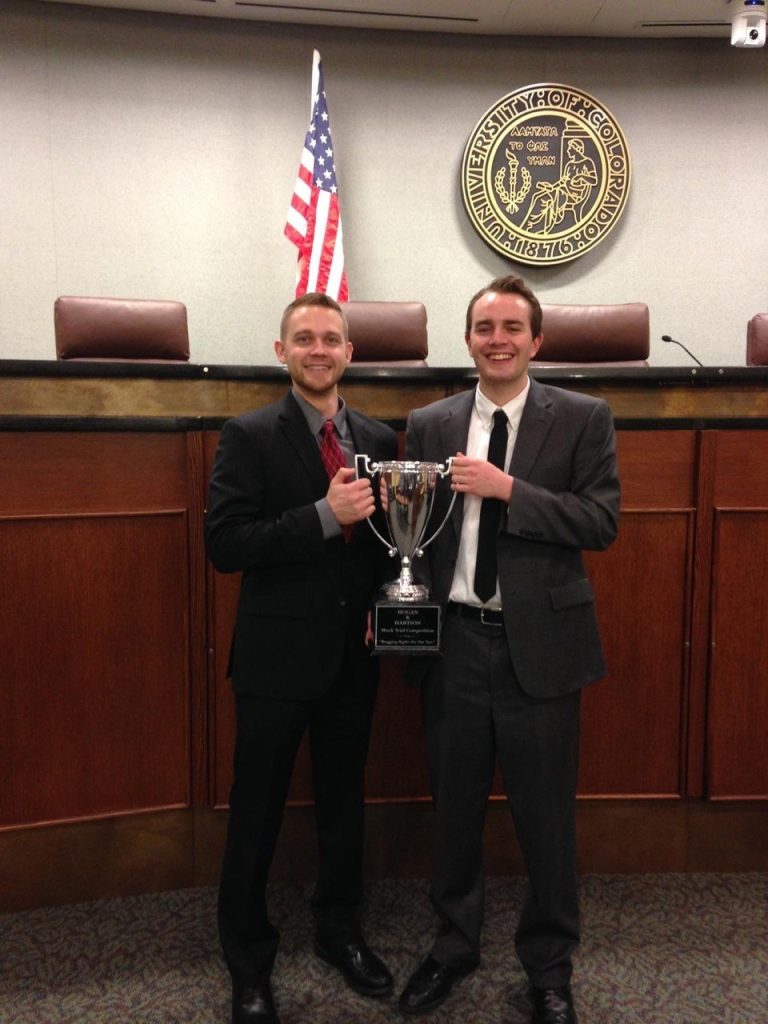
He went on to compete in two Advocates Cup mock trials which pairs mentors with mentees who compete together. He went on to win back-to-back years both as the mentee and then as the mentor.


While competing in the local mock trial tournaments, Reid also competed at the national level traveling with DU’s National Trial Team to Arizona and Alabama where he competed in mock trial tournaments. During the summer, he traveled to Scotland with Baylor’s law school for a trial advocacy skills workshop.
Reid began trying cases in criminal court when he was still in law school under the Student Practice Act which allows law students to practice law in Colorado. Before graduating law school, Reid had tried three cases as lead trial counsel.
Once graduated, Reid worked with the Colorado Public Defender’s Office where he continued trying cases from DUI to serious felony cases with decades of prison on the table. Most importantly, Reid regularly attend trial advocacy trainings and trial skill workshops to stay up to speed on the most effective trial strategies.
Reid has been hired by outside attorneys to consult on trial strategies, pretrial motions in limine, and has been retained by other attorneys to handle the trial for them. Trial is not for everyone. It is important lawyers recognize the time commitment required to conduct an effective trial. The best trial attorney starts preparing for trial as soon as the client hires them, but it is just as important to have an effective way to explain the defendant’s story to the jury.
Reid continues to regularly go to trial. For the most up to date trial results, see the Testimonial page here.


